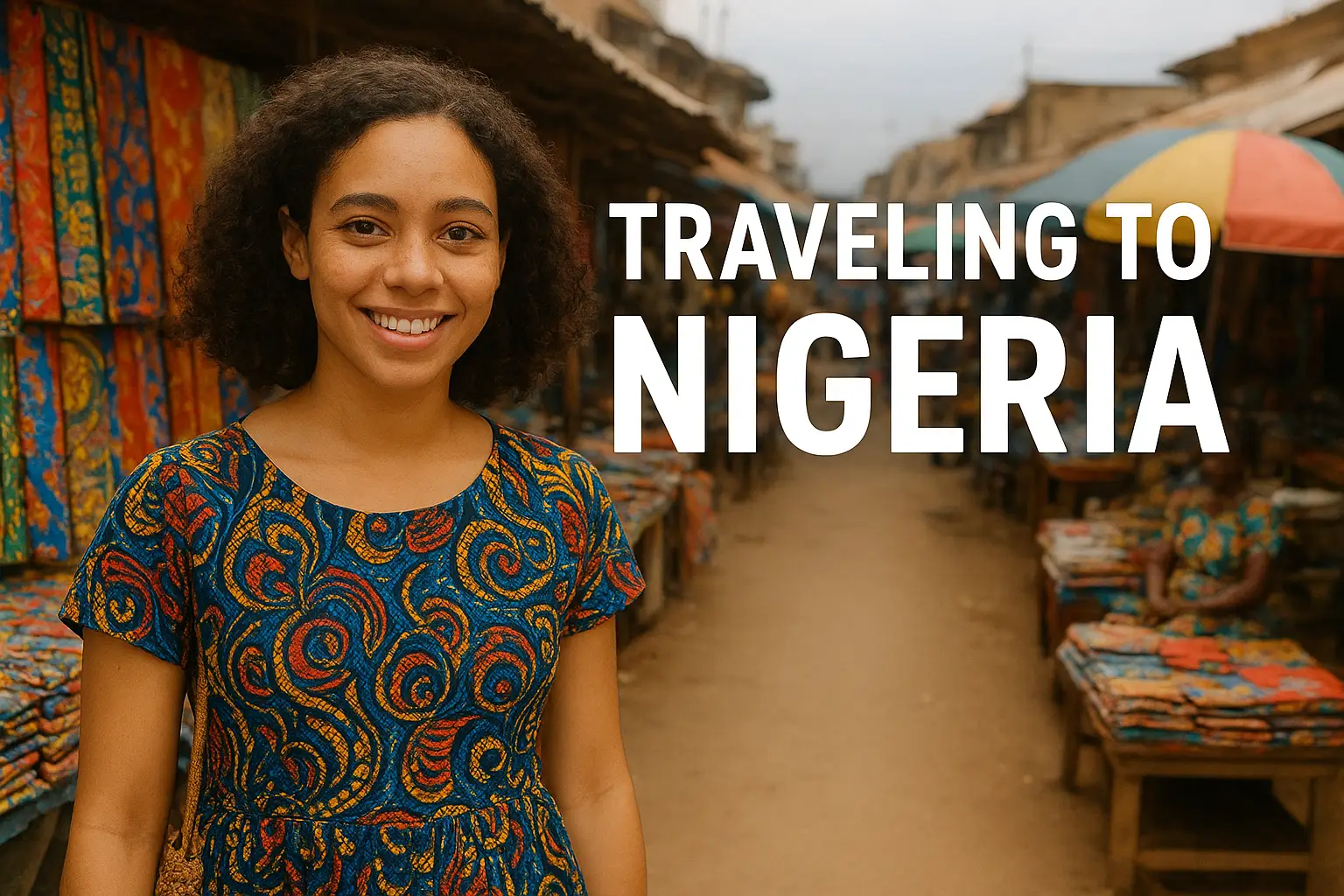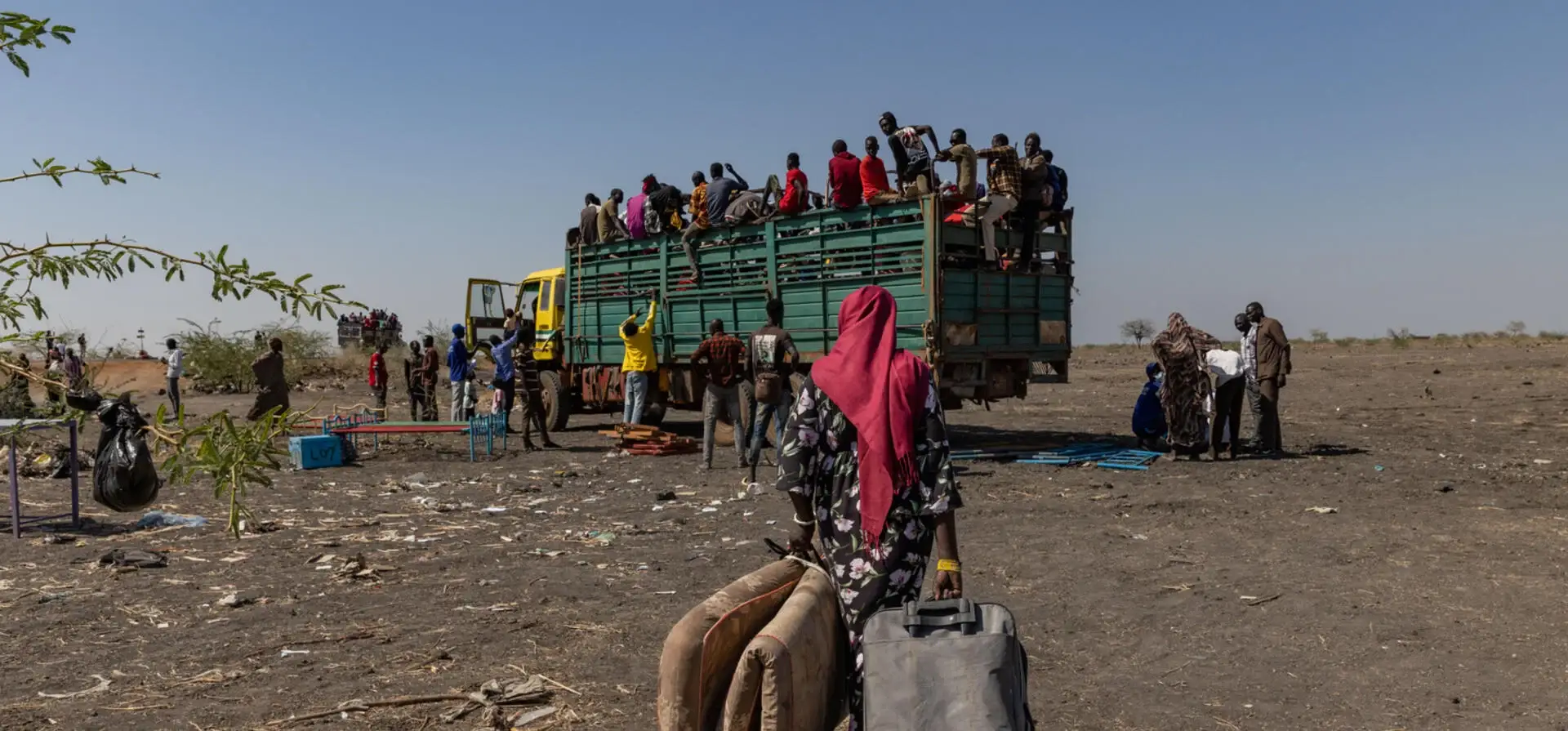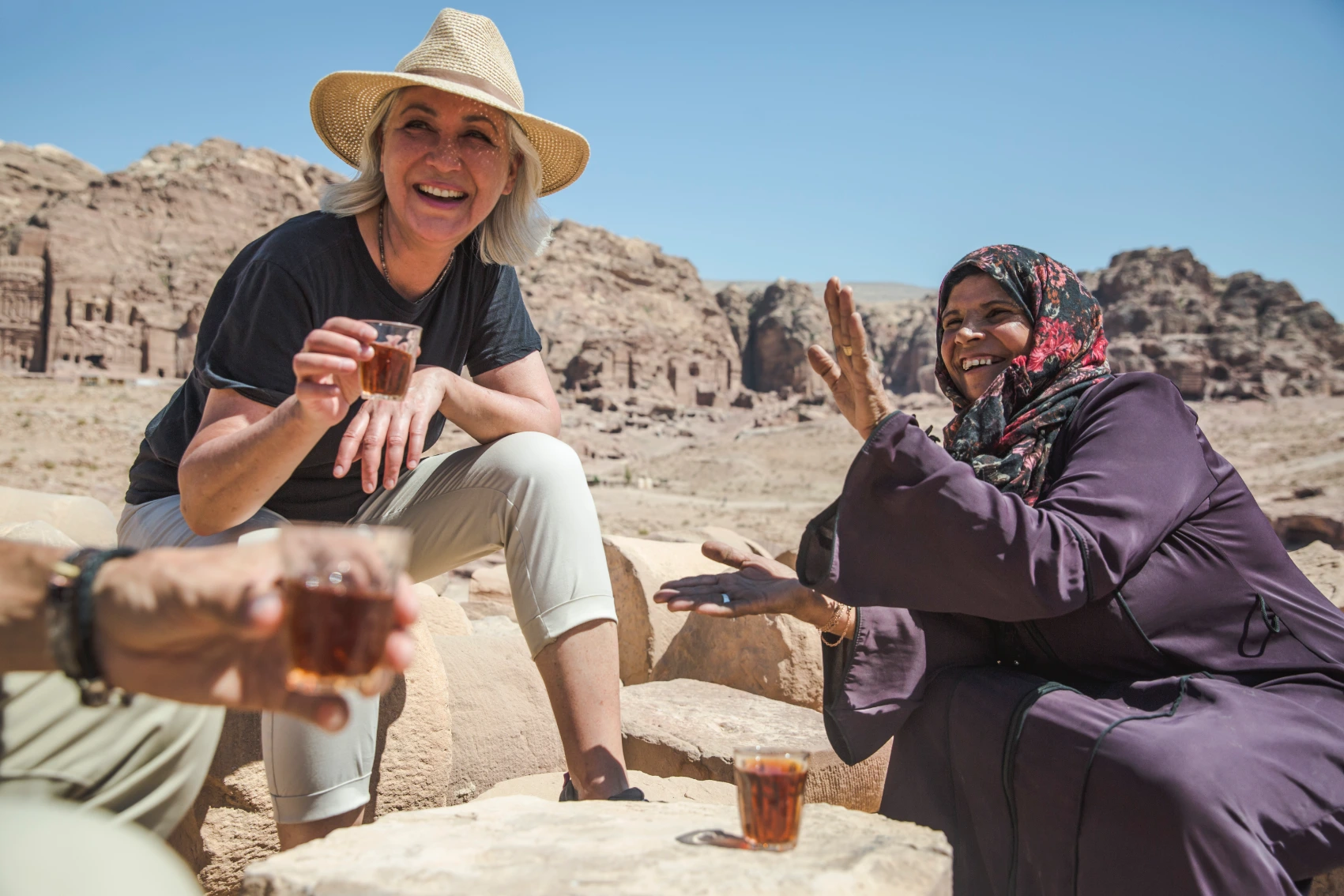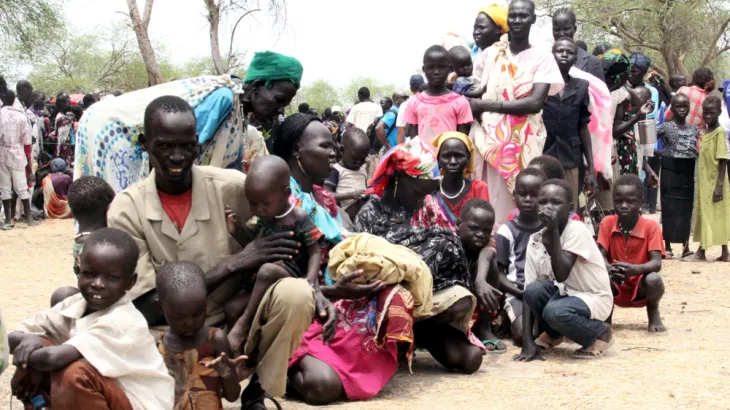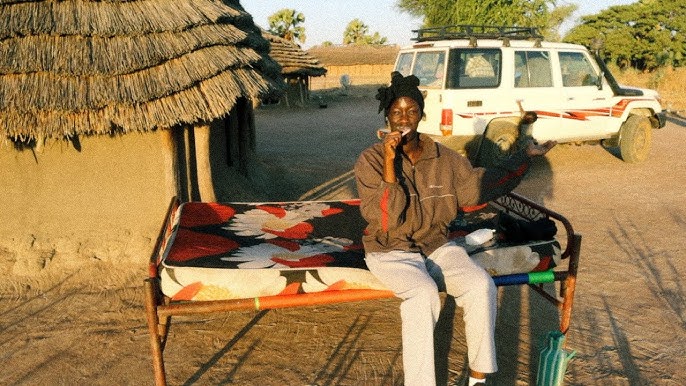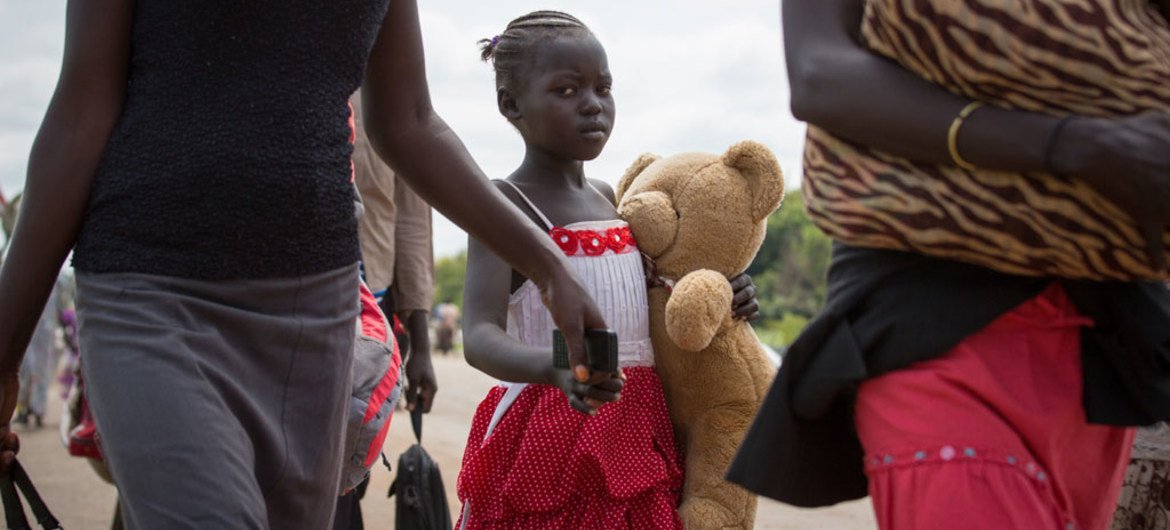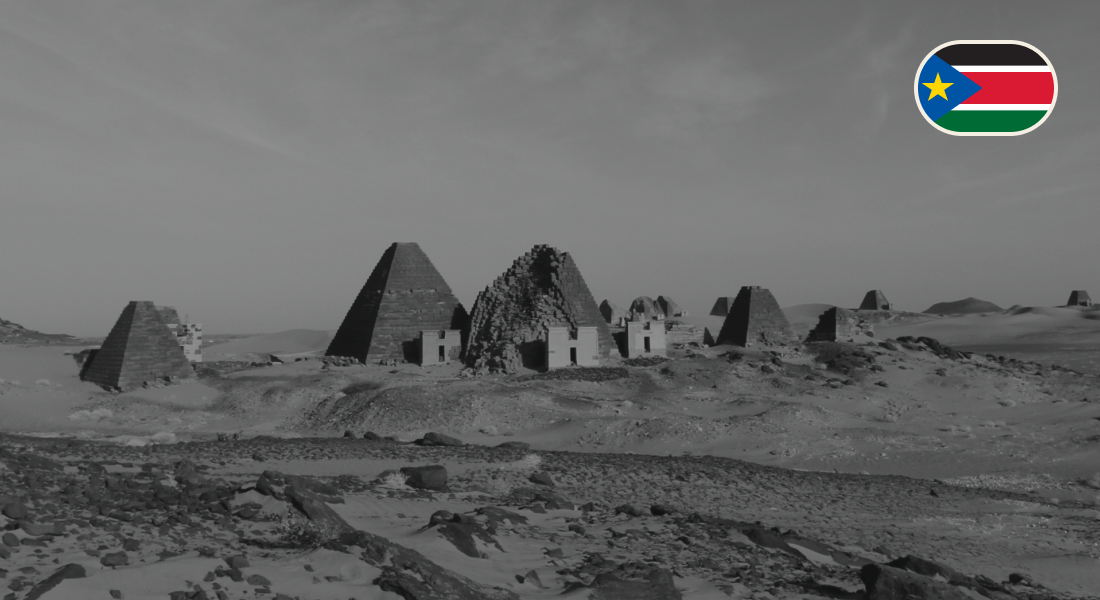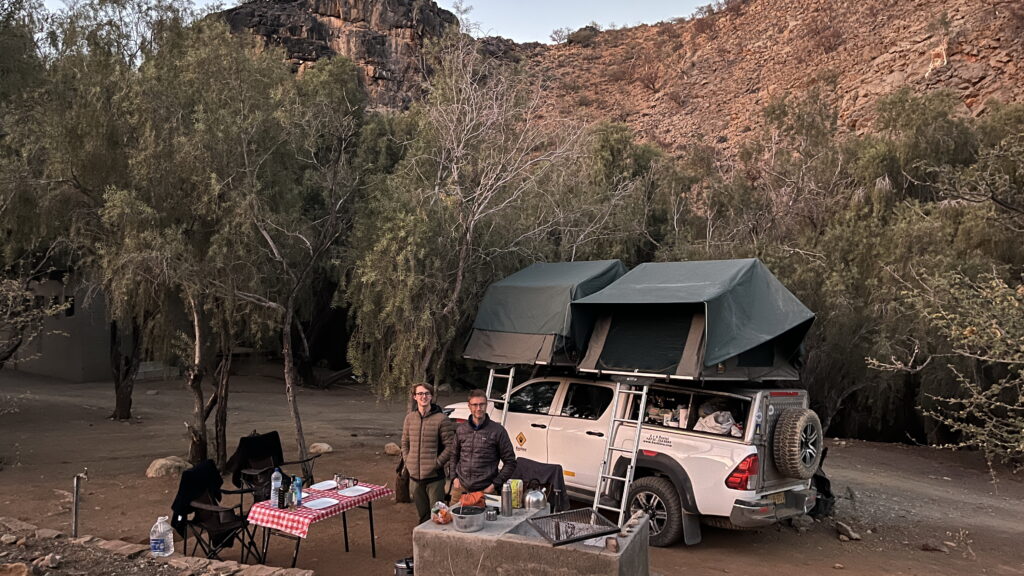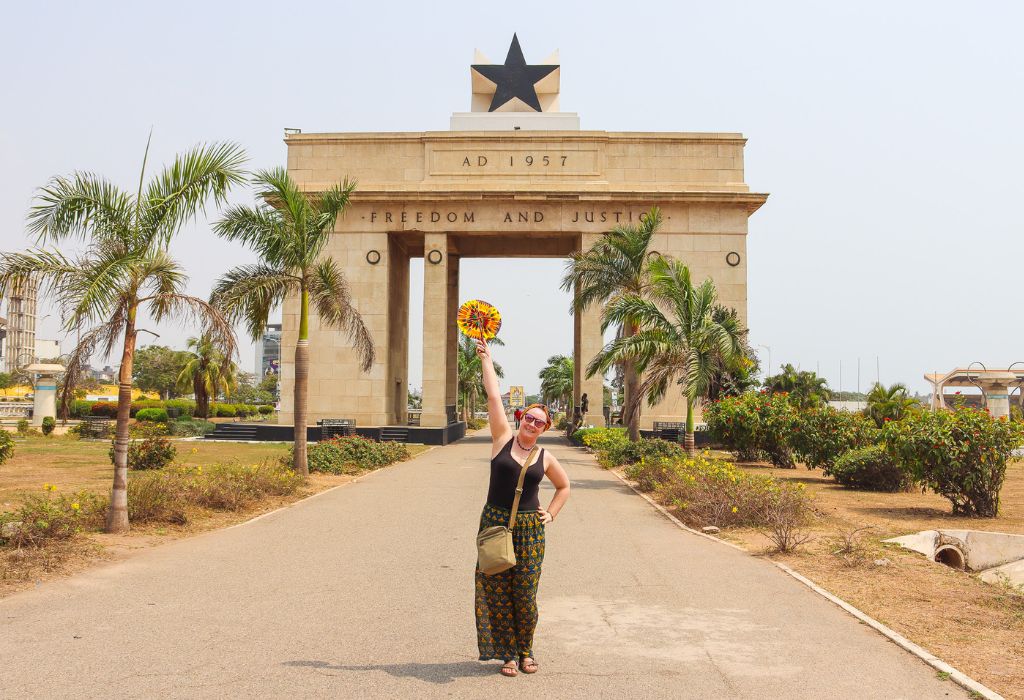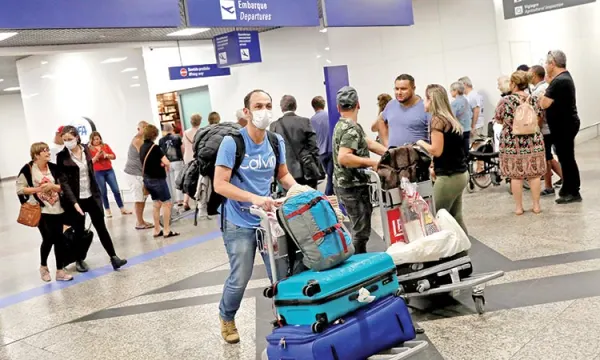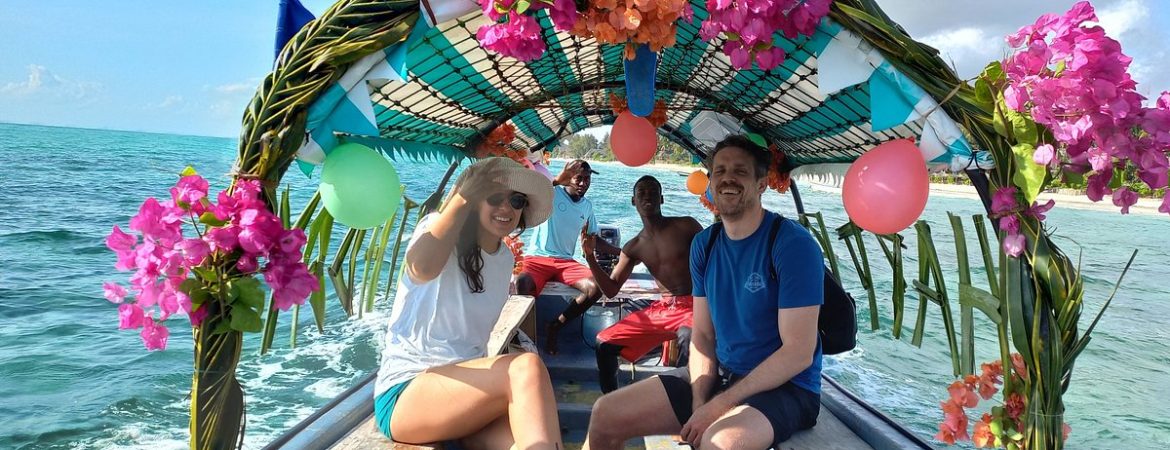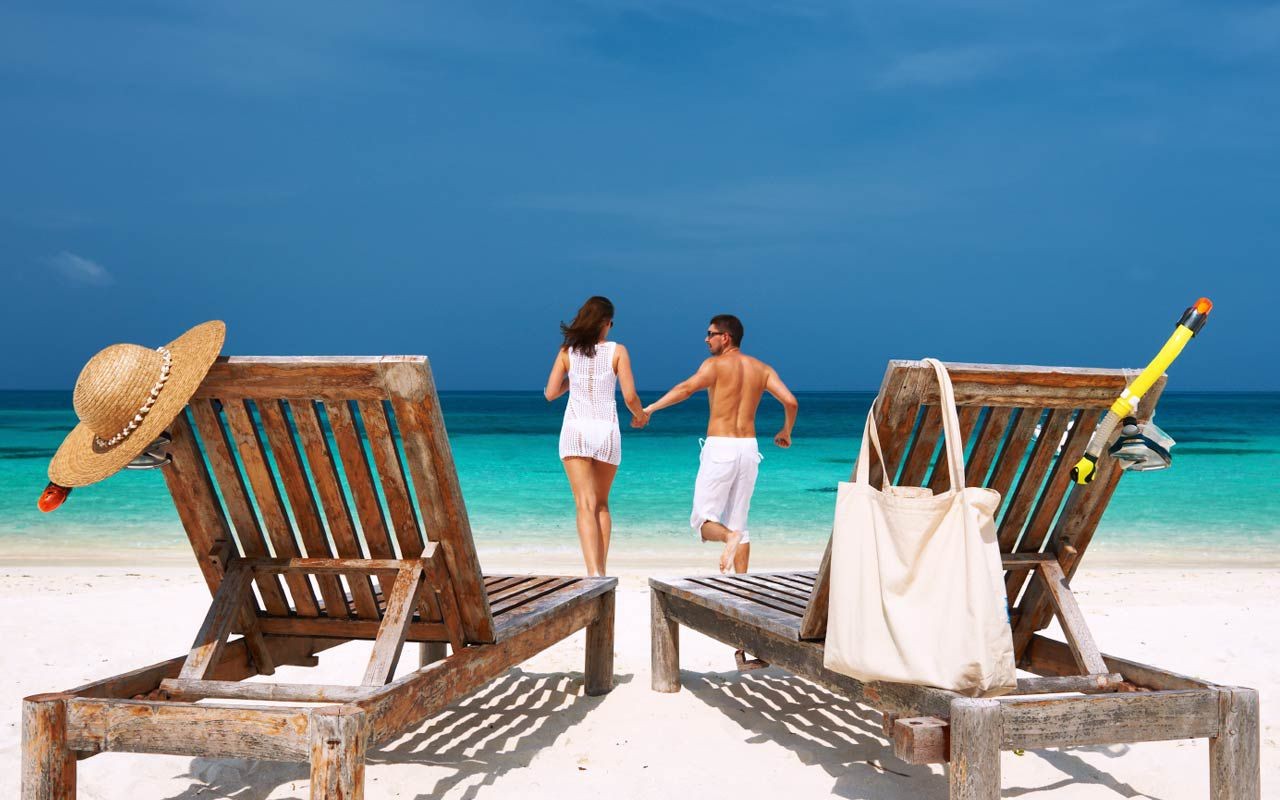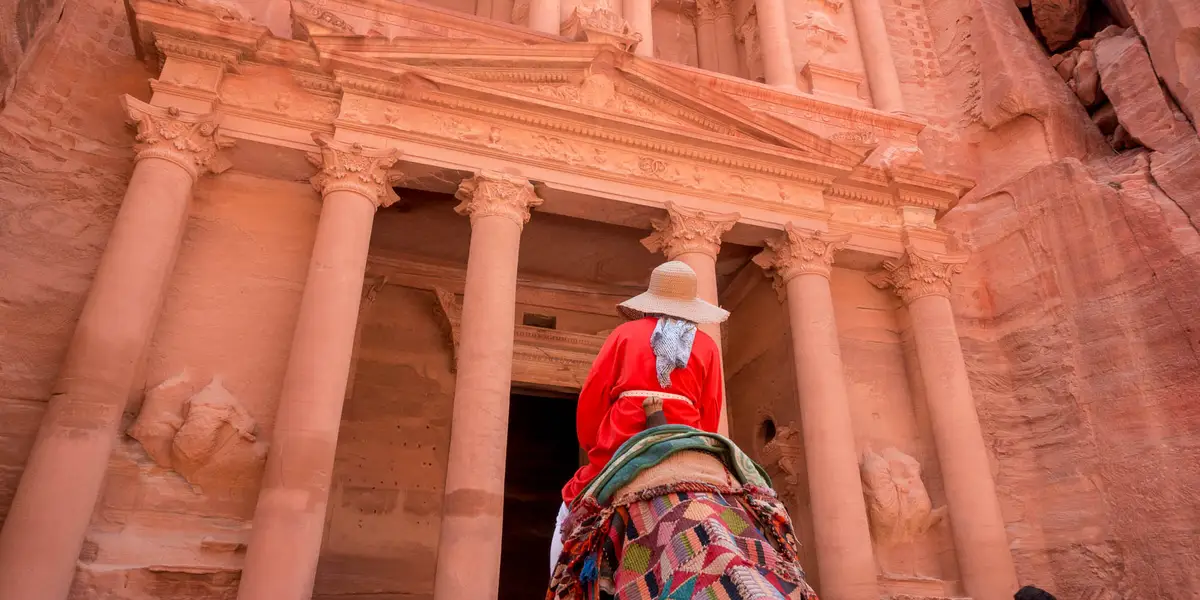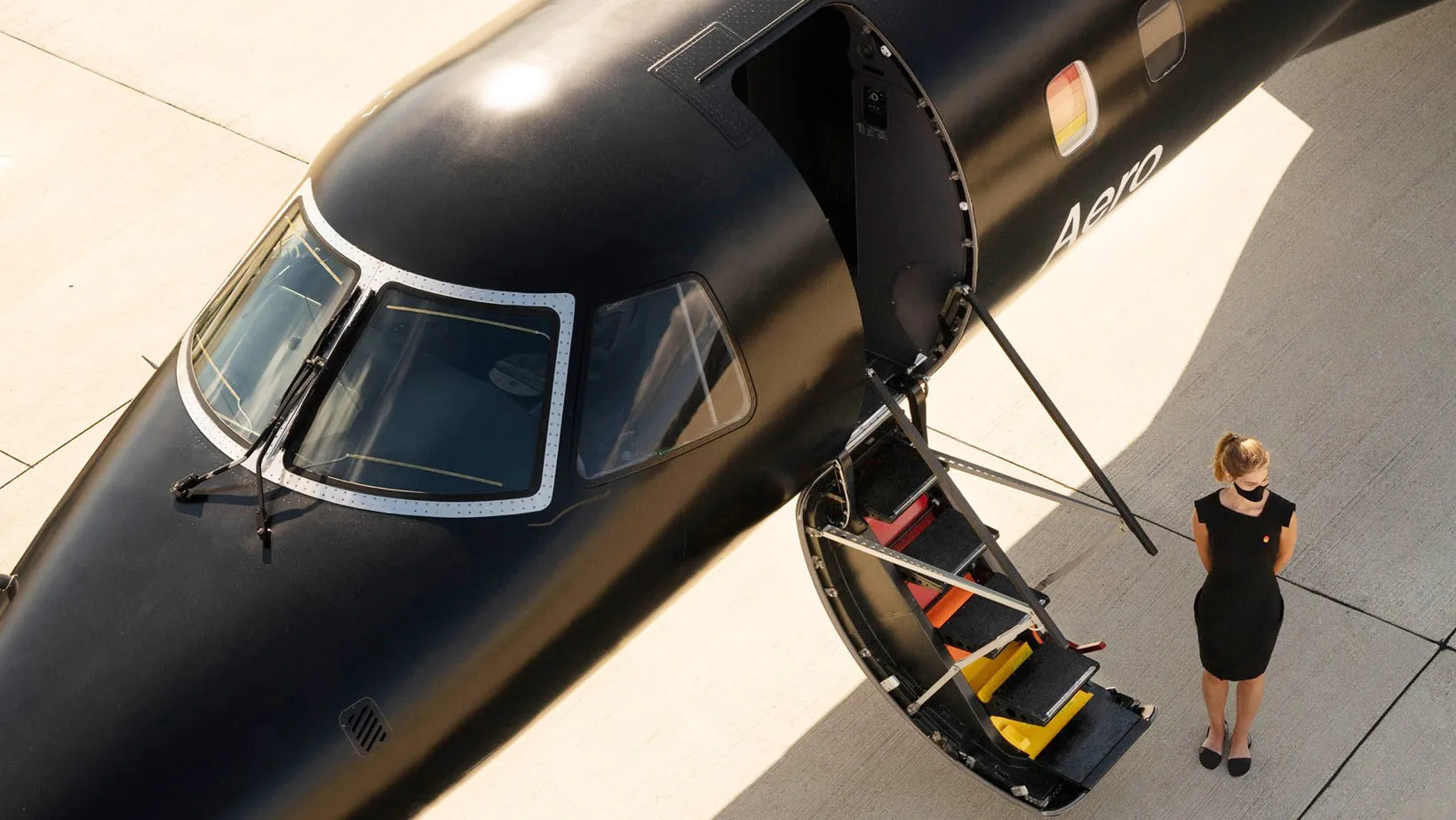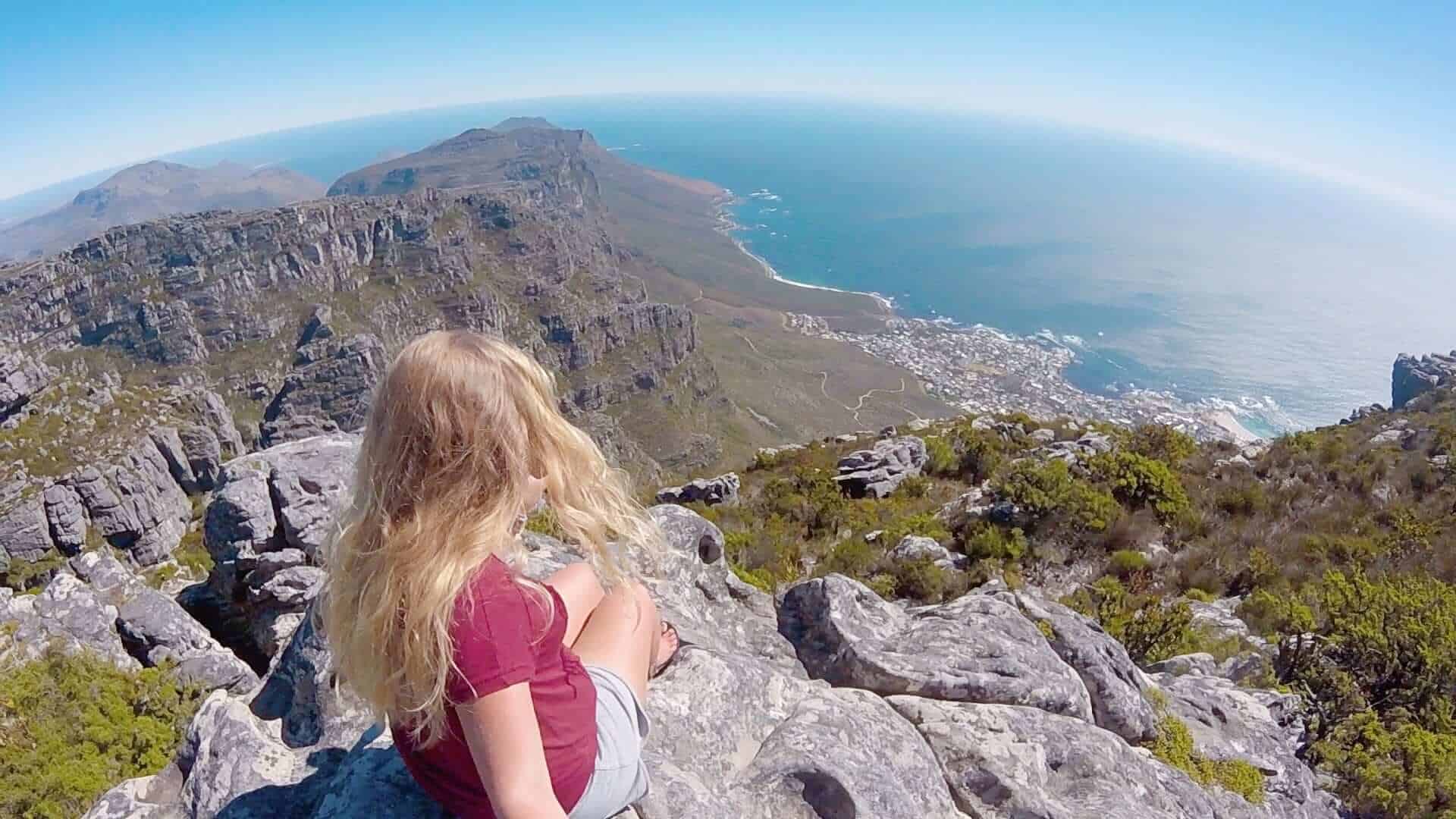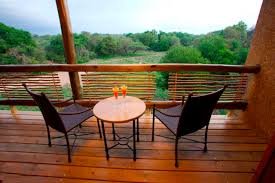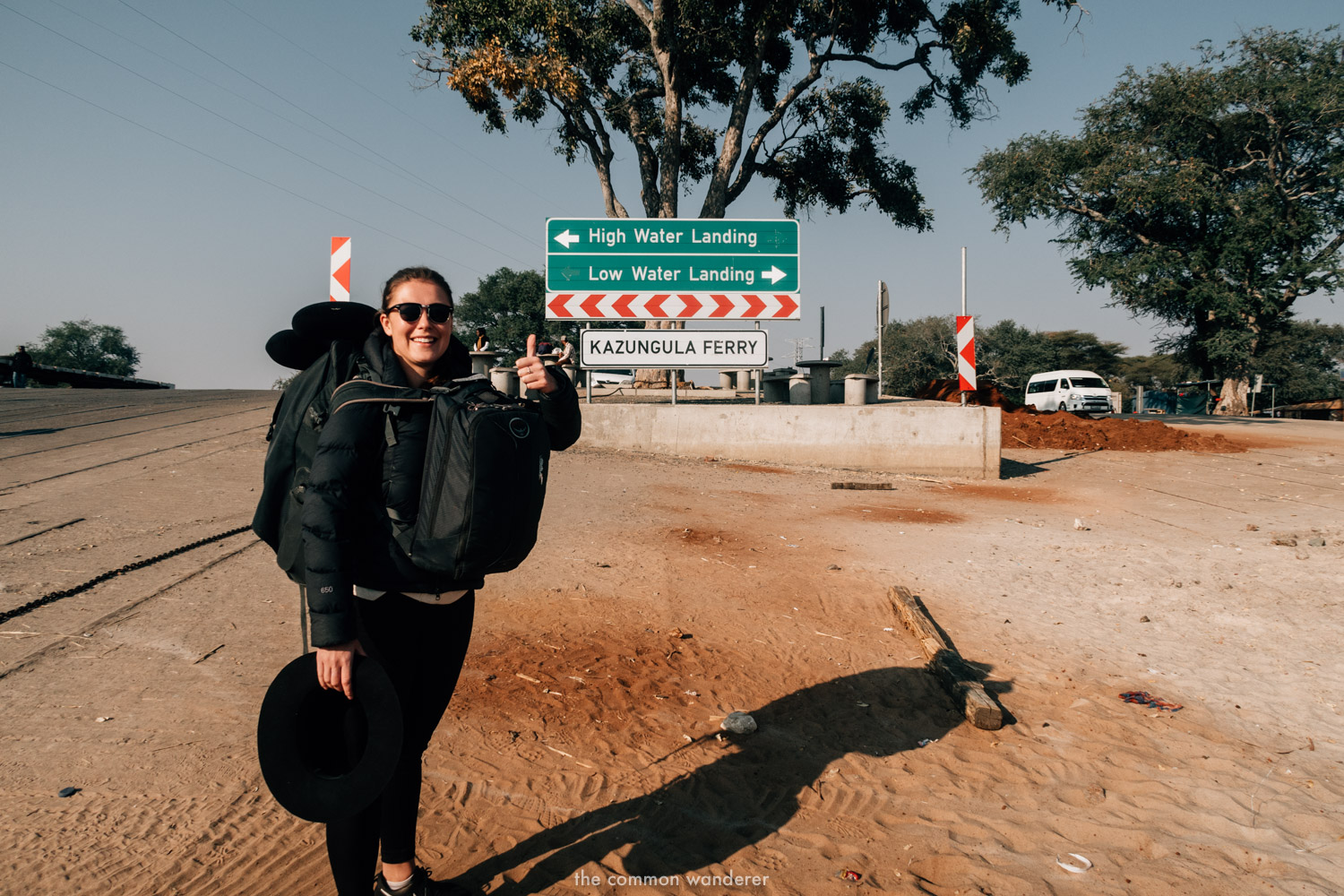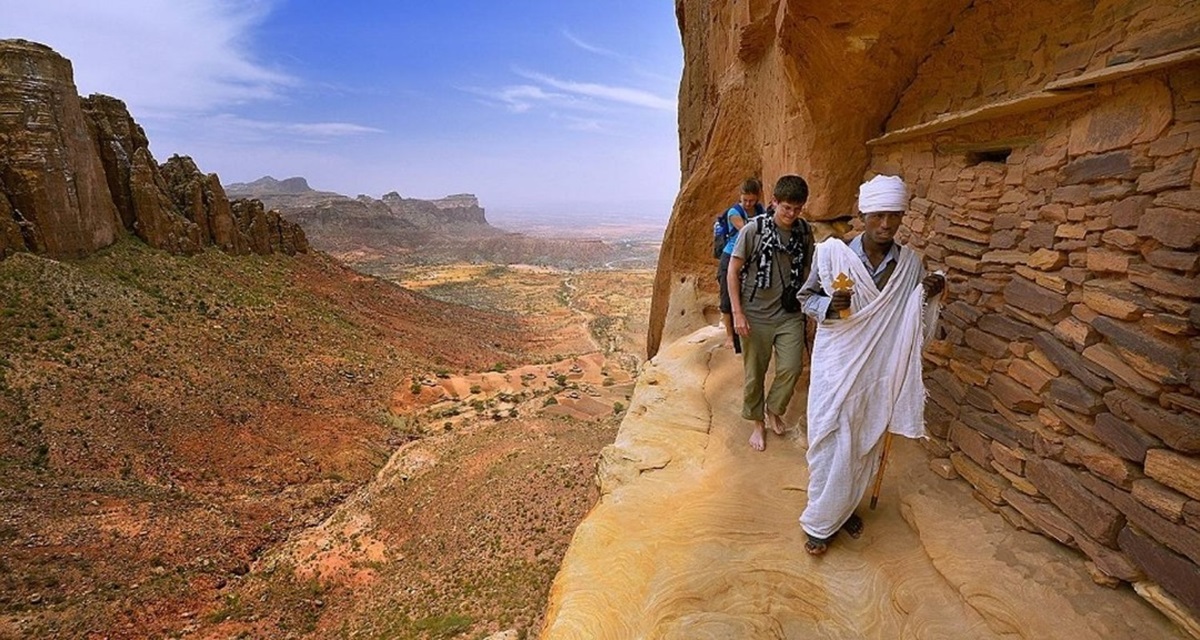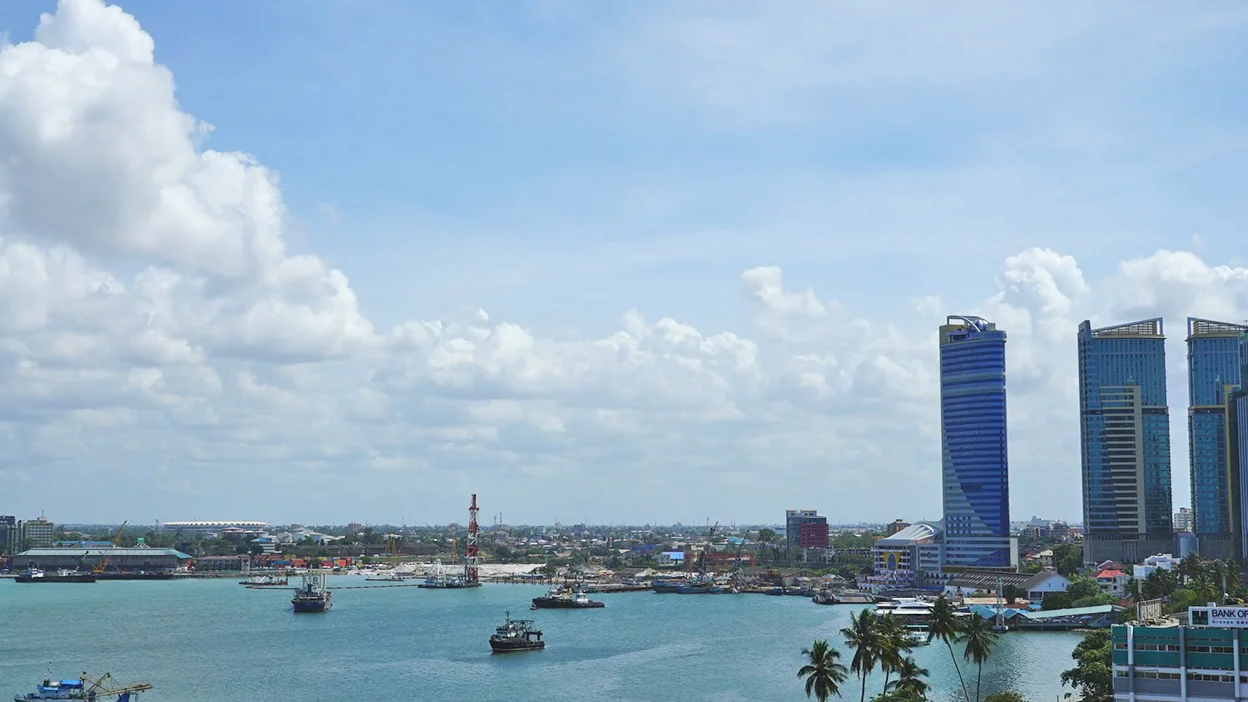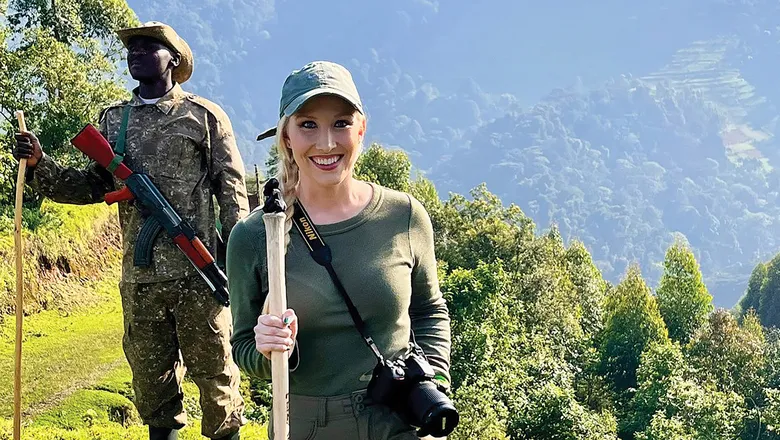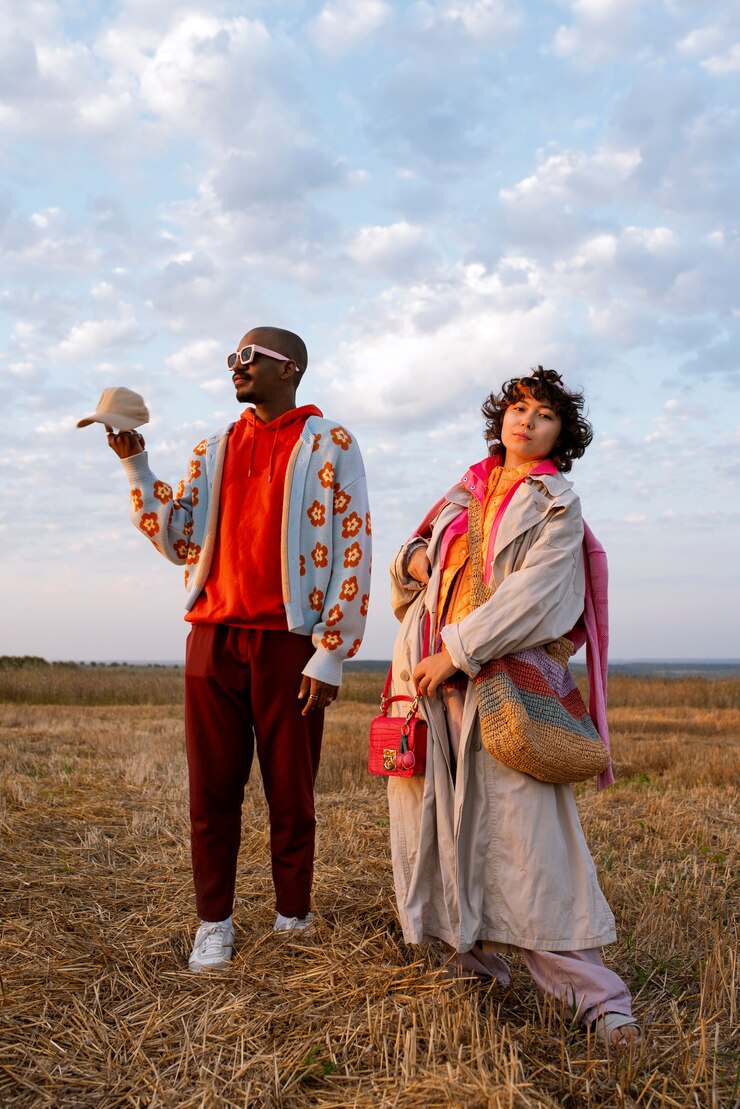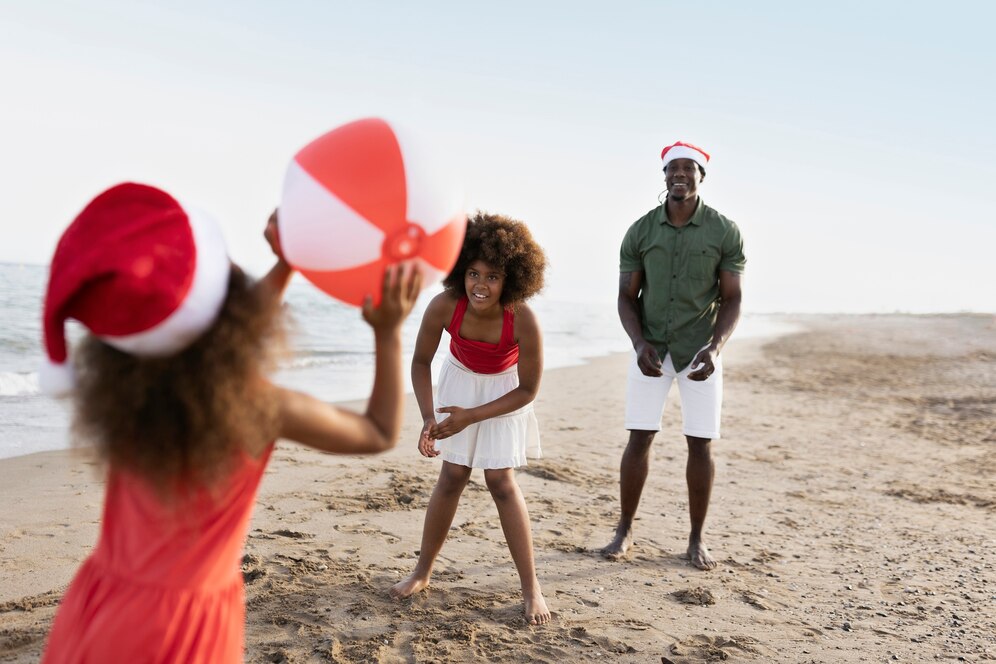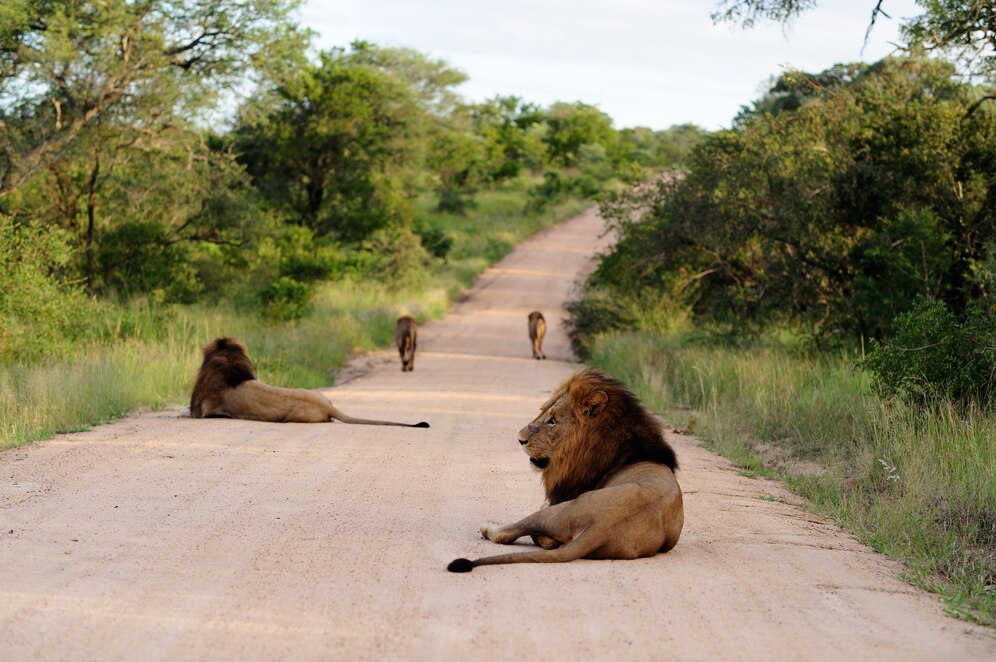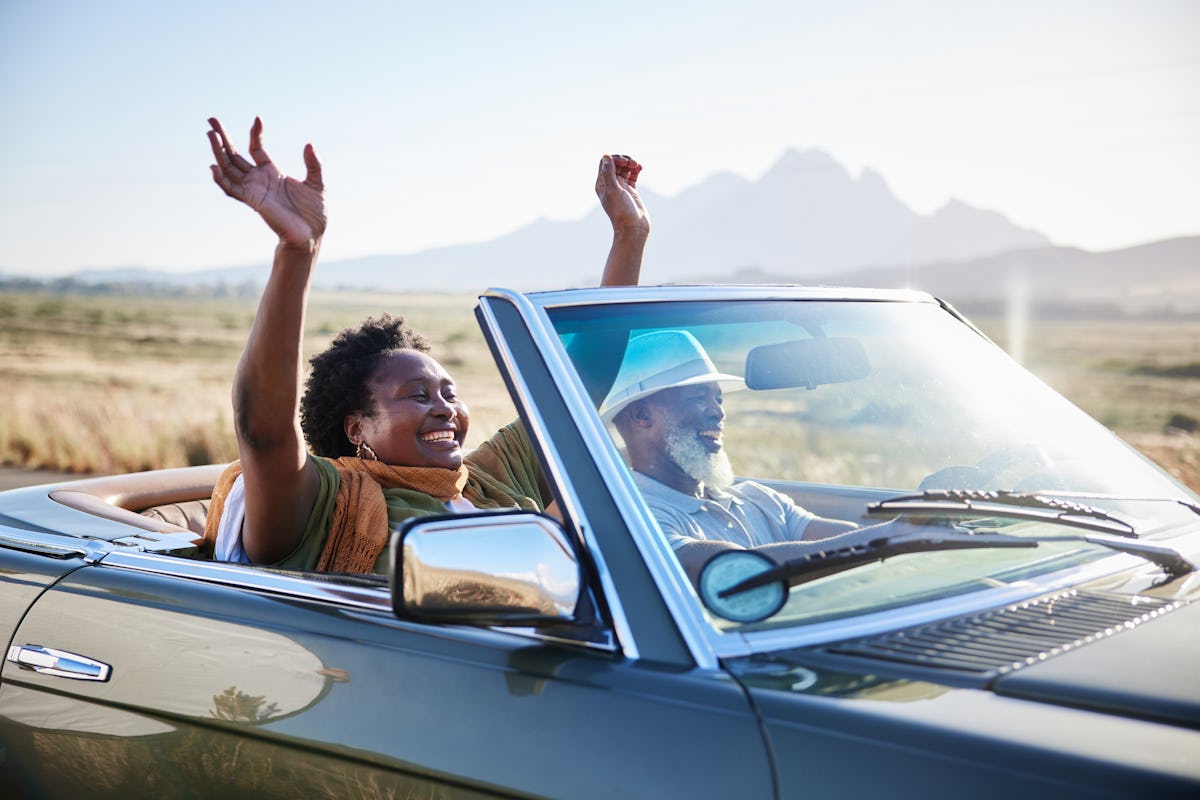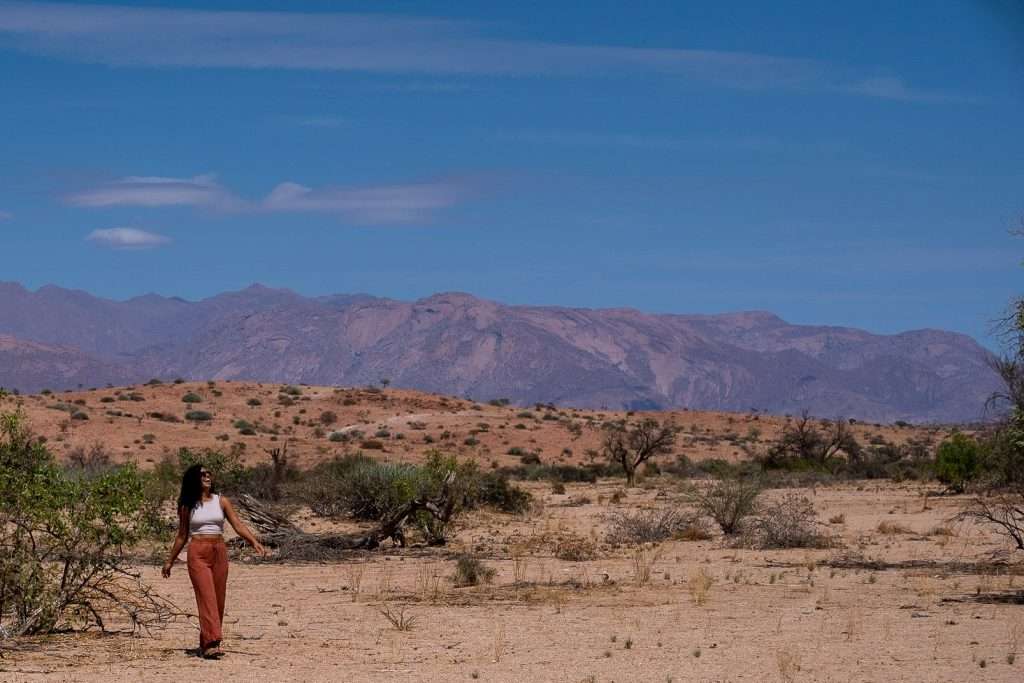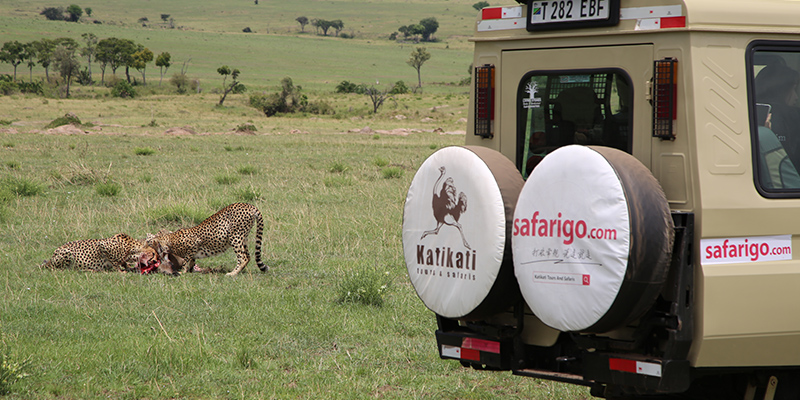
Safety Tips for Solo Female Travelers in Africa: How to Stay Smart, Not Scared
After years of traveling with family and partners, I’ve found myself at a rare moment in life: I have no major responsibilities—and total freedom to travel. For the first time, I’m planning a solo adventure. Just me, my backpack, and Africa.
But… as a woman who’s never traveled solo before, I had questions. Is it safe? What should I watch for? And how can I be cautious without being paranoid?
I turned to experienced travelers—and here’s the guide I wish I’d had when I started planning.
Know the Real Risks (It’s Not Always What You Think)

Let’s debunk the big one: most solo female travelers in Africa aren’t constantly in danger. In fact, many say the biggest risks are:
-
Rough road conditions after dark
-
Getting lost in rural or remote areas
-
Petty theft and pickpocketing
-
Water quality or illness from food
-
Looking like a rich tourist
Often, danger is exaggerated. Preparation is what matters.
💉 Health First: Vaccines & Insurance
-
Check official sites (like the CDC Travel Health) for region-specific vaccines (yellow fever, typhoid, hepatitis A/B, etc.)
-
Bring mosquito repellent and malaria meds where needed
-
Always get solid travel insurance—especially for medical evacuation or theft
🚘 Understand Roads & Weather Patterns
-
In many African countries, driving at night is risky—not due to crime, but poor visibility, rough roads, or stray animals
-
In the rainy season, some roads can become completely impassable
-
Always check local conditions before traveling overland
📱 Stay Connected at All Times
-
Keep your phone charged and carry a power bank
-
Learn the local emergency number before arriving
-
Share your daily itinerary with someone back home
-
Use location-sharing apps (like Life360 or Google Maps Live Location) for peace of mind
💰 Money & Documents: Low Profile, High Awareness
-
Split your cash between easy-access and hidden locations
-
Fanny packs, neck wallets, or money belts are a must
-
Keep a digital copy of your passport and documents
-
Don’t flash cash or valuables in public—even in “safe” areas
🕵️ Street Smarts for Every Destination
-
Trust your gut. If something feels off, it probably is
-
Avoid getting drunk or overly tired in public
-
Watch what local women do—if they’re off the street, you should be too
-
Learn to say “no” firmly but politely, and walk away confidently
🧕 Dress for Respect (Not Just Comfort)
Dressing modestly can make a huge difference—especially in conservative countries. It helps avoid unwanted attention, and local women are more likely to help you if you’re respectful of norms.
Pro tip: A scarf or light shawl in your bag is a lifesaver.
🧼 Small Items = Big Safety Boosts
-
Hand sanitizer and wipes for hygiene
-
A bicycle lock to secure your backpack to hostel beds, trains, or public transport racks
-
Headlamp or flashlight for power outages or walking at night
👯 Make Smart Connections
-
Stay near other travelers or join group tours when needed
-
Share your name and face with someone nearby—just enough so you’re not invisible
-
Facebook groups or WhatsApp travel communities can offer tips and even meetups
🧠 Mental Tricks That Work
-
Have a go-to excuse ready if someone asks for money or offers unwanted help:
“Sorry, I don’t have any cash—it’s all in my hotel safe.” -
Notice patterns in scams or flirty approaches, and prepare a confident response (like the woman who told aggressive vendors she was from Africa—because she actually was!).
🌍 Final Truth: Don’t Let Fear Win
Most of the people warning me about danger had never traveled Africa solo. Statistically, you’re far more likely to get sick or hit by a car than anything else.
Prepare well. Stay aware. And trust that you can do this.
✈️ What Are Your Travel Safety Rituals?
Have you traveled Africa solo? Got a tip or a story to share? I’d love to hear from you in the comments—or drop me a message. Let’s empower more women to travel boldly, safely, and freely.



